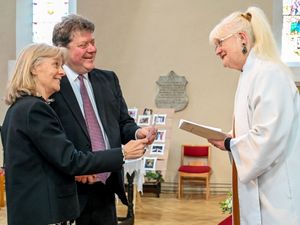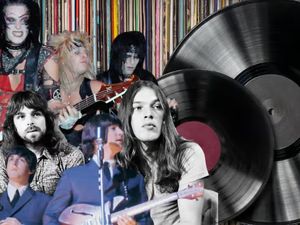New Poet Laureate Simon Armitage: I hope I’m not judged on my identity
Armitage succeeds Dame Carol Ann Duffy, who was the only woman to have held the historic post.
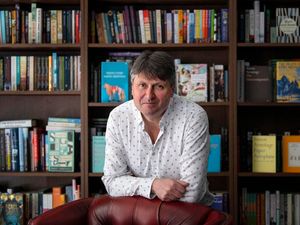
Simon Armitage has been announced as the new Poet Laureate and says he hopes he is not “judged on my identity” as a white man.
Armitage, 55, succeeds Dame Carol Ann Duffy, who was the only woman to have held the historic post.
The appointment, approved by the Queen, follows reports that the search was on for the first non-white Poet Laureate to take over.
But Armitage, a former probation officer, told the Press Association: “I’d hope I won’t be judged automatically on my identity (and) what I’d be judged on is my actions and values.”
Armitage, who received The Queen’s Gold Medal for Poetry, has a working class background and was educated at a comprehensive school and polytechnic before making his name as a poet.
“I’m completely homemade,” he said.
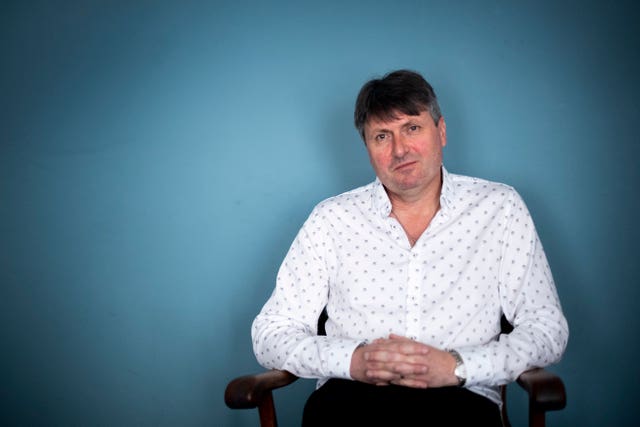
“Whatever positions I’ve achieved in poetry… at no point did I ever feel special, chosen or entitled.
“It’s been a slog and I’m not trying to equate that with other people’s experience. But if that can be a useful model for achievement against a certain amount of odds then I hope that’s helpful.”
His appointment followed news that Imtiaz Dharker has turned down the honour to focus on her own work.
Armitage, who was born in Marsden, West Yorkshire, said: “I’m not foolish enough to think other people weren’t being considered. Of course they were, that’s absolutely right.”
It is up to the poet to decide whether or not to produce poetry for national occasions or royal events while in the post, which is for a fixed term of 10 years.
Asked whether he will write a poem to mark the birth of the Duke and Duchess of Sussex’s son Archie, Armitage said: “I think I’ve missed the boat on that front…
“It’s been made very clear to me on a number of occasions by several people that that is not one of the conditions of the job.
“It’s something of a public misconception that that has to happen. I’ve absolutely no idea what I will or won’t write.”
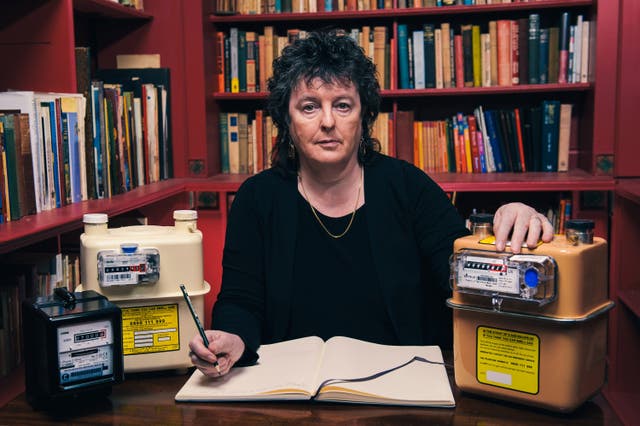
Previous Poet Laureate Andrew Motion had described the role as a thankless task, because “the poems that result are always likely to be held up for mockery”.
But Armitage said: “I’ve drunk from many poisoned chalice in the past…
“I feel I’ve got enough confidence in myself to keep focussed on the work.
Living in Yorkshire helps in terms of having space and staying away from some of the distractions.”
Armitage, professor of poetry at the University of Leeds, has published 28 collections of poetry and his work is studied by children as part of the national curriculum.
He worked as a probation officer in Greater Manchester until 1994 before focusing on poetry and says he wants to launch an event, publication or prize around poetry’s response to climate change.
The UK’s first Poet Laureate by royal appointment was John Dryden who was given the title by King Charles II in 1668.
Previous Poet Laureates have included William Wordsworth, Alfred, Lord Tennyson, John Betjeman and Ted Hughes.
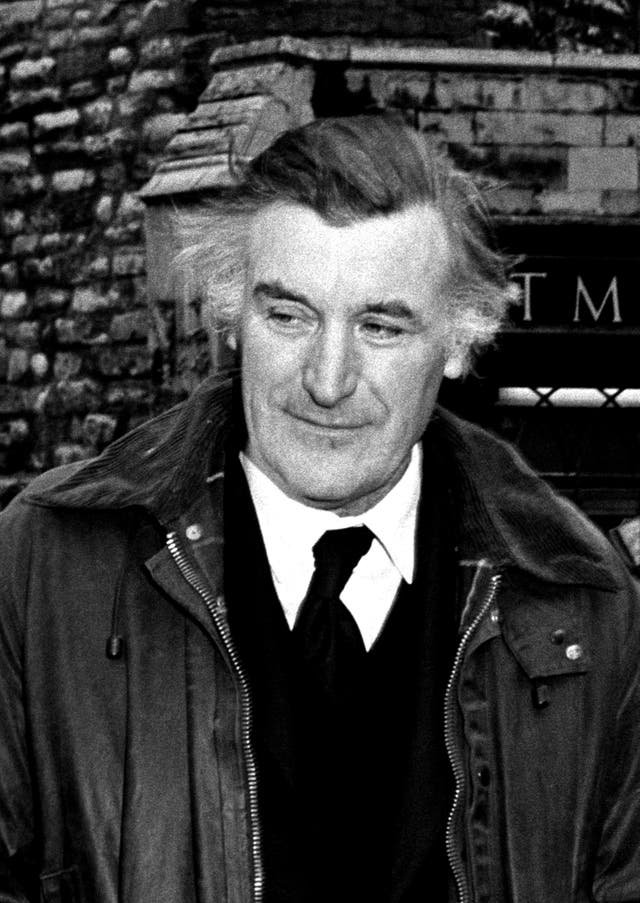
UK Poet Laureates initially served until their death until the rules were changed in 1999.
Prime Minister Theresa May said: “As one of our most popular and respected poets, Simon brings a wealth of expertise and experience to this important role.
“He is well placed to attract even more people into the literary world, and further enhance our nation’s proud tradition of producing exceptional poetry.”
Culture Secretary Jeremy Wright described Armitage as “one of the UK’s foremost poets, whose witty and profound take on modern life is known and respected across the world”.
Armitage said the Prime Minister called him to formally offer him the role.
“We talked about the role and that there were no obligations of any type… it was a very pleasant conversation”, he said, adding: “I imagine she is quite busy with other things at the moment.”



